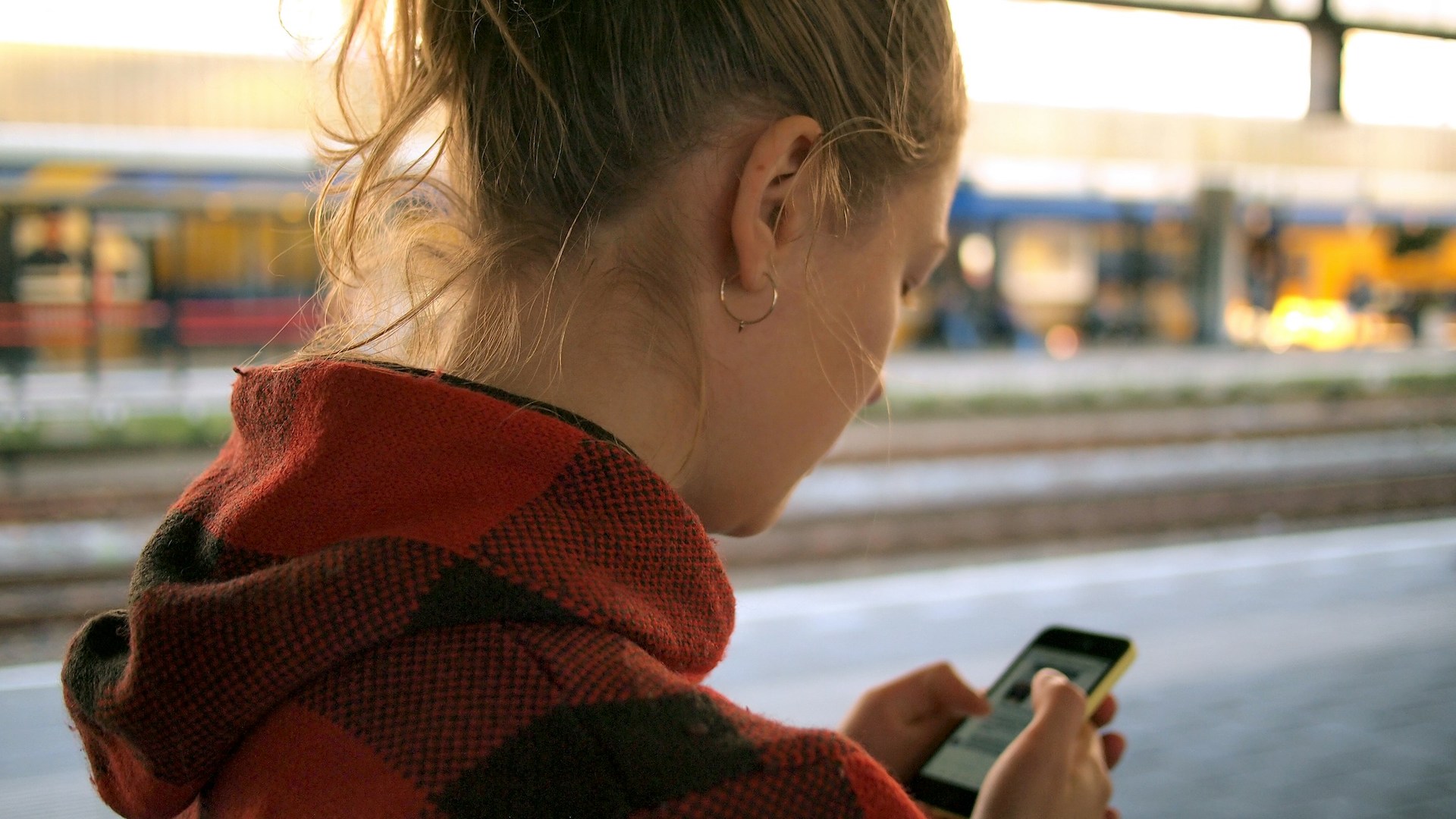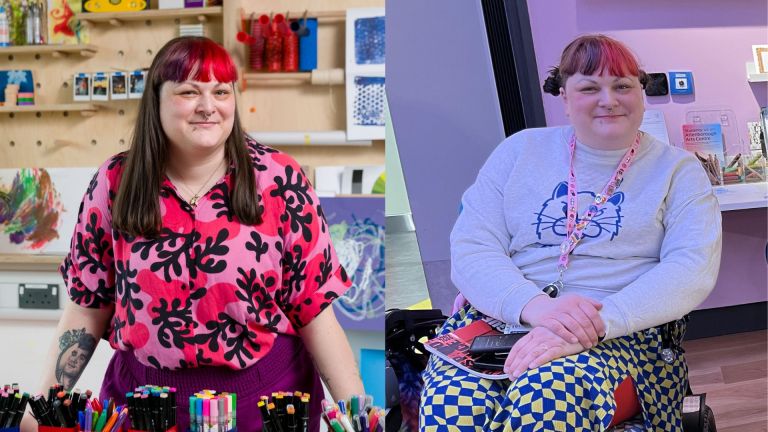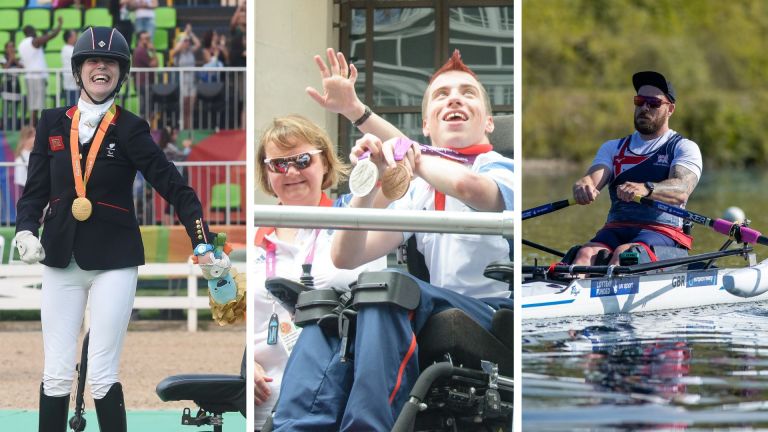“[Deepfakes are] used as a weapon against women, both in the public eye and not,” Hussain added. “It can have devastating consequences for survivors.
“In the stories that survivors of image-based abuse tell us, it’s clear it really changes the way they think about themselves, how they can trust others, and their life decisions,” she added. “Can they go to work? What kind of work can they do? Should they work from home instead? All the way from worrying about your picture being on LinkedIn to completely withdrawing from most of your life because you’re not sure who has seen those images.
“In some cases, it leads to self-harm and suicide.”
Adequately trained police will be crucial when the law is passed, Hussain said, to ensure survivors are not retraumatised in the process.
But while women often face significant barriers to reporting gender-based crimes and navigating the justice system as victims, survivors of sexually explicit deepfakes more frequently want to report their experience – “because they feel like what happened to them is in the public eye,” Hussain explained.
“For some women, the images are sent to their friends and family. For others, the images go viral, they go everywhere. Those women often want to fight it in the public eye too.
Advertising helps fund Big Issue’s mission to end poverty
“Well-equipped cyber-investigative units are so important here, because these cases are genuinely hard to investigate. The perpetrator could be in another part of the world entirely, and that requires governments to work together.”
The new laws will also mean someone who captures intimate images without consent could faceyears in prison – only upskirting is currently classed as an offence.
People who install discrete cameras with the aim of capturing intimate images without the subject’s content could also be handed a two-year prison sentence.
But any new legislation around sexually explicit deepfakes should take into account cultural differences too, Hussain said. Chayn provides a free online course to survivors of image-based abuse, which was developed to address the social nuances of how people from different backgrounds can experience a violation like deepfakes.
“Shame can be very different in different communities. You might be worried about how your parents feel if this happens to you, and you might be treated differently by them or your wider community because of it. It has a compounding effect for the survivor.
“In the UK, for example, if if you saw someone take a picture of someone else in jeans and a tank top, you probably wouldn’t think anything was odd about it. But if you’re from a very conservative community and not supposed to be dressed that way, someone releasing that private picture of you can be devastating.
Advertising helps fund Big Issue’s mission to end poverty
“Or if a woman usually wears a hibab, and her family expects that of her, an image without it being published can be really damaging – it could affect whether she’s allowed to go to university or pursue a career. We need to be aware of all this so that the laws are adequate for people of all cultural backgrounds.”
Get the latest news and insight into how the Big Issue magazine is made by signing up for the Inside Big Issue newsletter
Rebecca Hitchen, head of policy and campaigns at the End Violence Against Women Coalition, welcomed the government’s announcement but said further details and a timeline for the legislation would be crucial.
“The government must make good on its commitments to survivors – delaying action will only put women and girls in harm’s way,” she added.
“We await confirmation that any new law criminalising the creation of sexually explicit deepfakes will be based on consent rather than the perpetrator’s intent, cover solicitation of image creation (as well as the creation itself) and be listed as a priority offence in the Online Safety Act.”
Do you have a story to tell or opinions to share about this? Get in touch and tell us more. Big Issue exists to give homeless and marginalised people the opportunity to earn an income. To support our work buy a copy of the magazine or get the app from the App Store or Google Play.
Advertising helps fund Big Issue’s mission to end poverty










